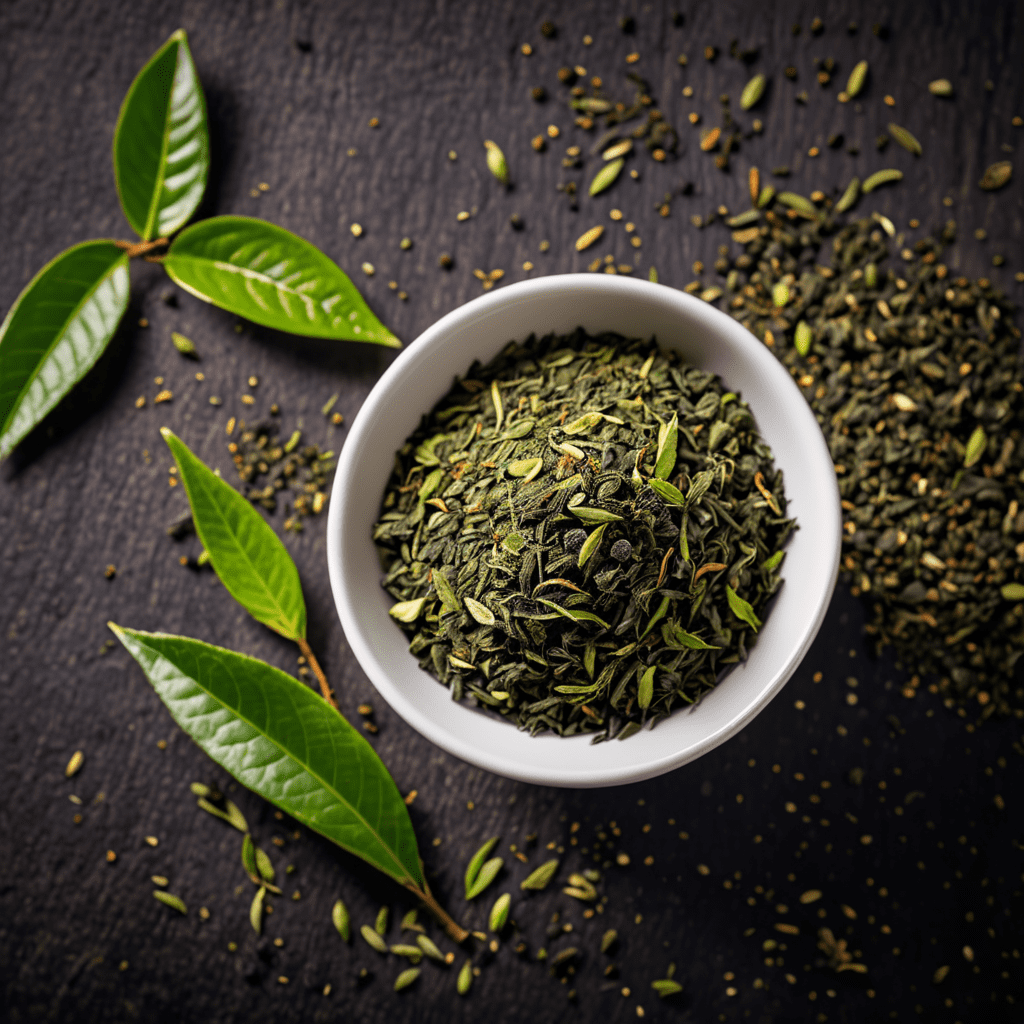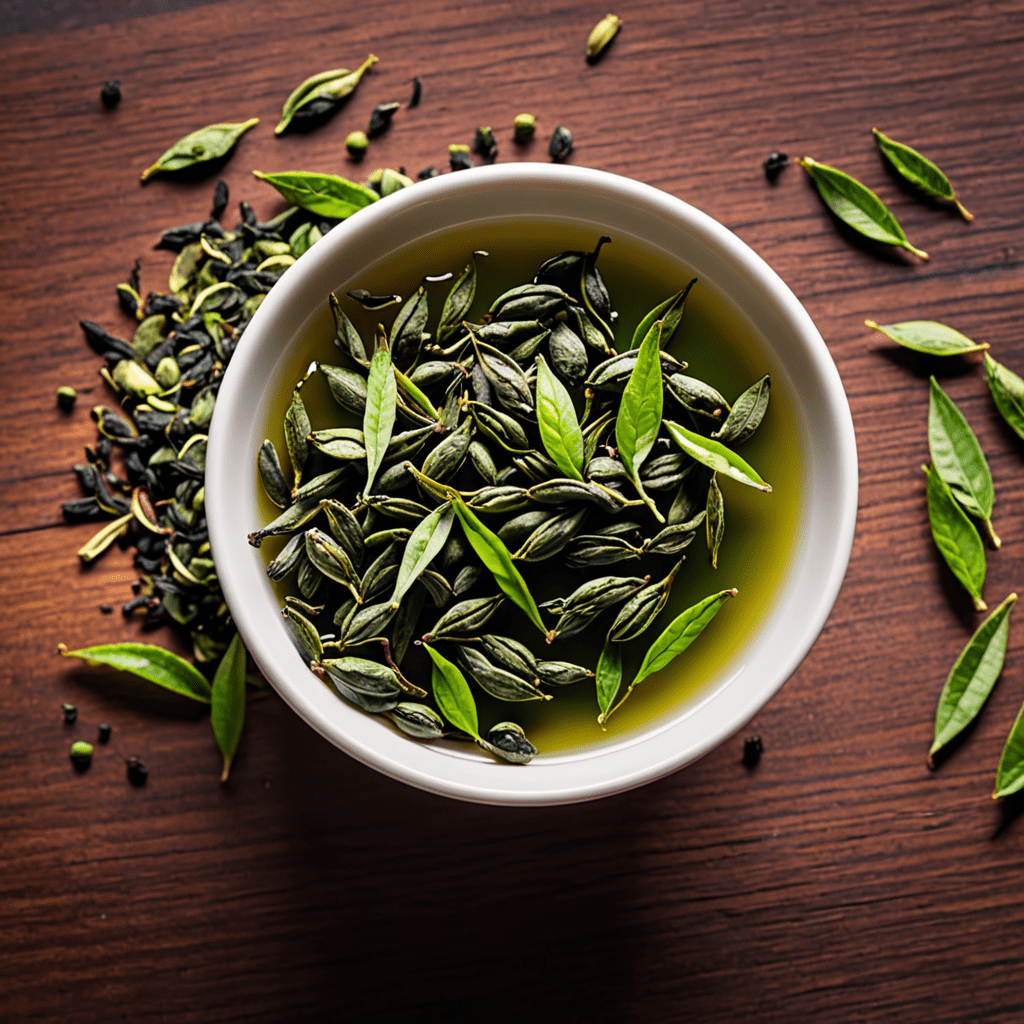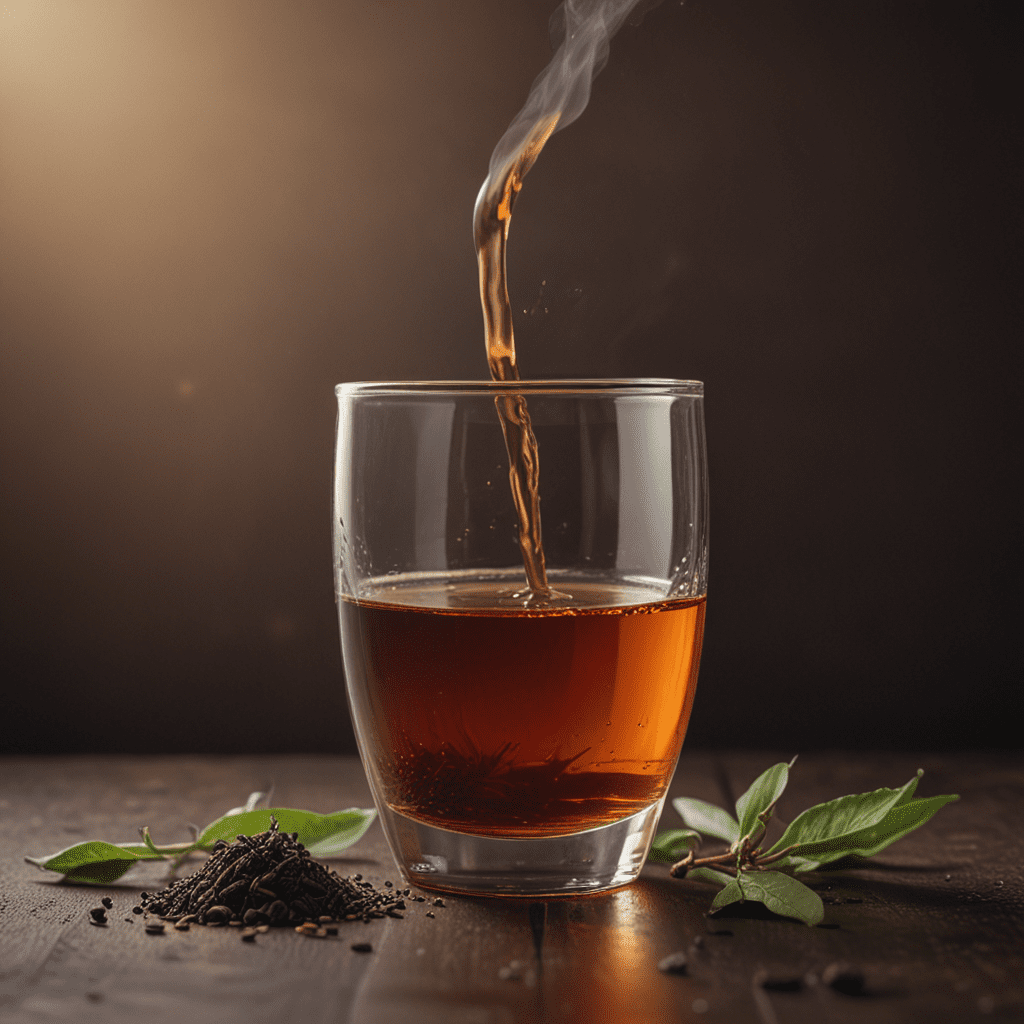Assam Black Tea: Bold and Brisk
Assam black tea, renowned for its robust flavor and brisk character, has captivated tea enthusiasts worldwide. Originating in the lush valleys of the Brahmaputra River in northeastern India, this exceptional tea continues to be a cornerstone of the global tea industry.
I. Historical Origins
The history of Assam black tea dates back to the 19th century when British planters first stumbled upon the wild tea plants growing in the region. Recognizing their commercial potential, they established tea plantations and began cultivating and processing tea. This marked the beginning of Assam's ascent as a major tea-producing region.
II. Geographical Regions
Assam black tea is primarily grown in two distinct geographical regions: Upper Assam and Lower Assam. Upper Assam, situated in the foothills of the Himalayas, is known for its full-bodied, malty teas. In contrast, Lower Assam, located in the Brahmaputra River delta, produces lighter-bodied, more brisk teas.
III. Cultivation and Harvesting
Assam black tea is cultivated in well-drained, sandy loam soil with abundant sunlight and rainfall. The tea bushes are typically pruned to a height of 3-4 feet to promote lateral growth and maximize leaf production. Harvesting occurs multiple times throughout the year, with the first flush, picked in spring, considered the most prized.
IV. Processing Techniques
After harvesting, the tea leaves undergo a series of processing steps to develop their distinctive flavor and aroma. The leaves are first withered to reduce moisture content, then rolled to release their essential oils. Oxidation, a process that allows the leaves to develop their dark color and bold flavor, is carefully controlled. Finally, the leaves are dried to stop oxidation and preserve their quality.
V. Sensory Profile
Assam black tea is characterized by its robust, full-bodied flavor and brisk, refreshing finish. It offers a rich malty undertone with hints of earthiness and wood. The liquor is typically dark red to brown in color, with a strong aroma that evokes notes of cocoa, leather, and spice.
VI. Health Benefits
Assam black tea is not only pleasurable to consume but also boasts several potential health benefits. Its high antioxidant content may assist in reducing inflammation, improving heart health, and enhancing the immune system. Additionally, black tea contains moderate amounts of caffeine, which can provide a temporary boost in alertness and focus.
VII. Pairing with Food
Assam black tea's bold flavor makes it a versatile beverage that can complement various culinary experiences. It pairs exceptionally well with hearty dishes such as grilled meats, roasted vegetables, and spicy curries. Its robust character also stands up to sweeter flavors, making it an excellent accompaniment to pastries and desserts.
VIII. Preparation Methods
Brewing Assam black tea is a simple process that allows you to savor its distinctive flavor fully. Start by using fresh, cold water and a teapot or infuser. Place 1-2 teaspoons of tea leaves per cup of water in the teapot. Bring the water to a boil, then pour it over the tea leaves and steep for 3-5 minutes, depending on your desired strength. Strain the tea into cups and enjoy.
IX. Sustainability and Environmental Impact
The cultivation and production of Assam black tea have a significant environmental impact. Monoculture tea plantations can lead to soil erosion, biodiversity loss, and water pollution if not managed sustainably. However, there is a growing movement among tea growers to adopt sustainable practices, such as agroforestry, organic farming, and fair trade principles.
X. Conclusion
Assam black tea continues to be a beloved beverage worldwide, renowned for its bold, brisk character and potential health benefits. With its rich history and diverse flavor profile, this tea has earned its place as an integral part of global tea culture. Whether enjoyed as a morning pick-me-up or an afternoon treat, Assam black tea offers a sensory experience that delights and invigorates.
Frequently Asked Questions (FAQs)
1. What is the difference between Assam black tea and other black teas?
Assam black tea is known for its robust, full-bodied flavor and brisk finish, distinguishing it from other black teas. It has a high percentage of antioxidants and moderate caffeine content.
2. How do I store Assam black tea?
To preserve its flavor and freshness, store Assam black tea in an airtight container in a cool, dry place away from direct sunlight.
3. How can I make a perfect cup of Assam black tea?
Use fresh, cold water and a teapot or infuser. Add 1-2 teaspoons of tea leaves per cup of water and steep for 3-5 minutes. Strain the tea into cups and enjoy.
4. What foods pair well with Assam black tea?
Assam black tea's bold flavor complements hearty dishes such as grilled meats, roasted vegetables, spicy curries, and pastries.
5. Is Assam black tea sustainable?
While conventional tea cultivation can have an environmental impact, there is a growing movement among tea growers to adopt sustainable practices such as agroforestry, organic farming, and fair trade principles.


